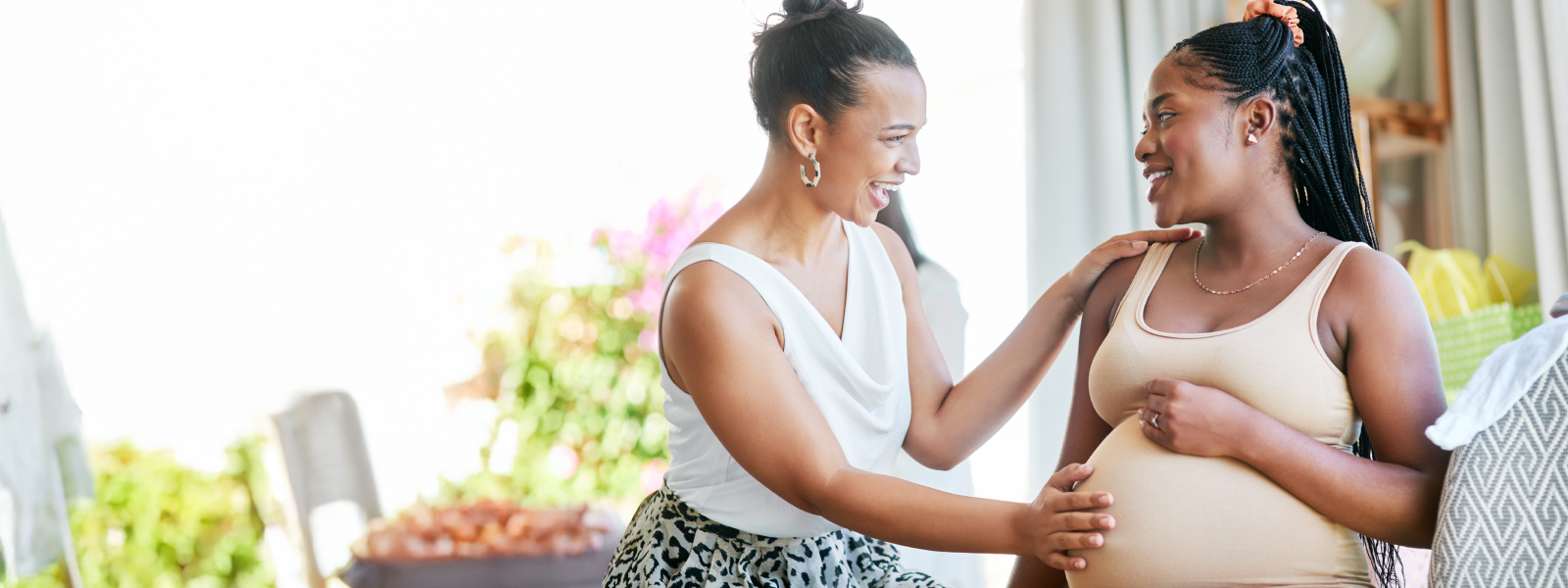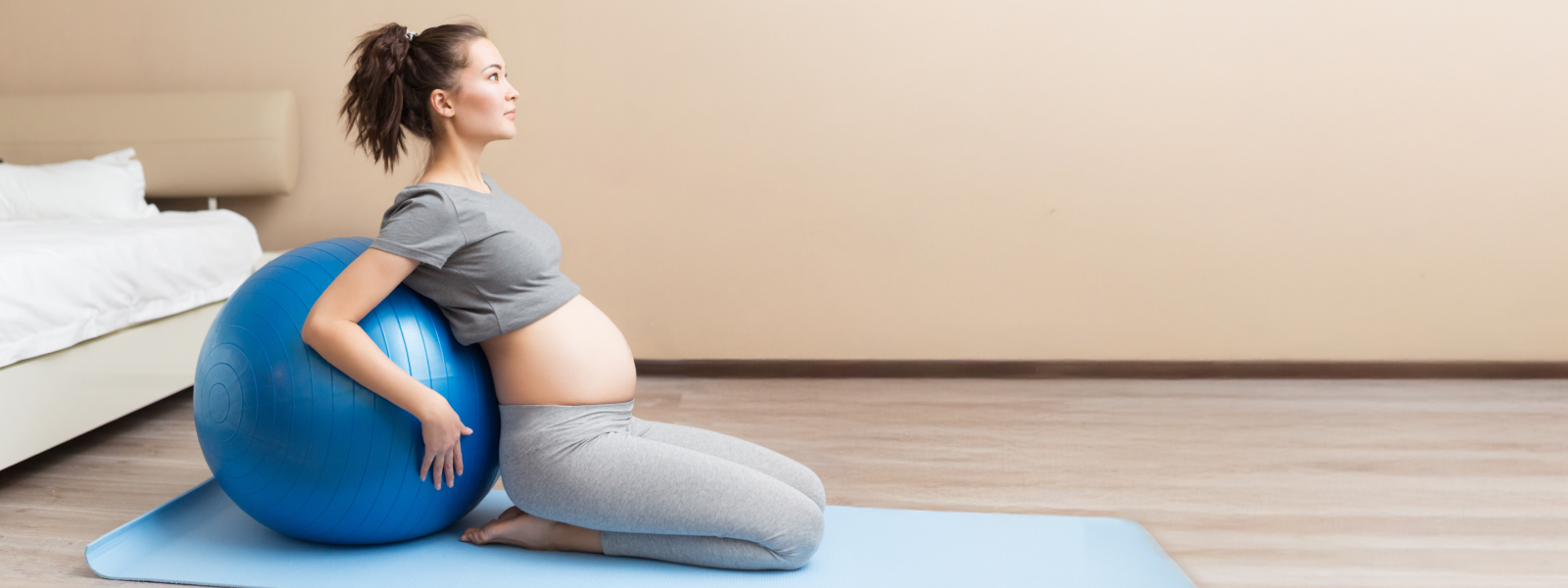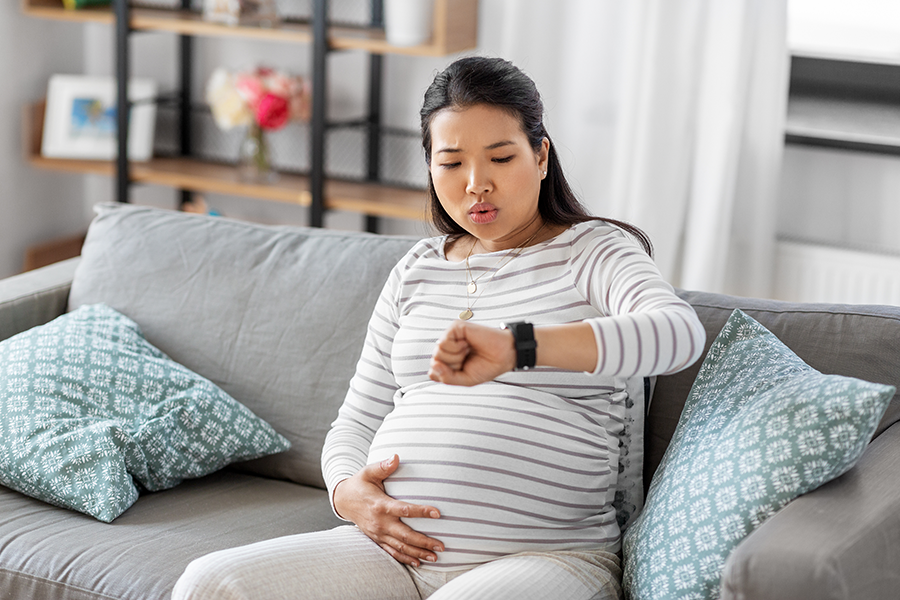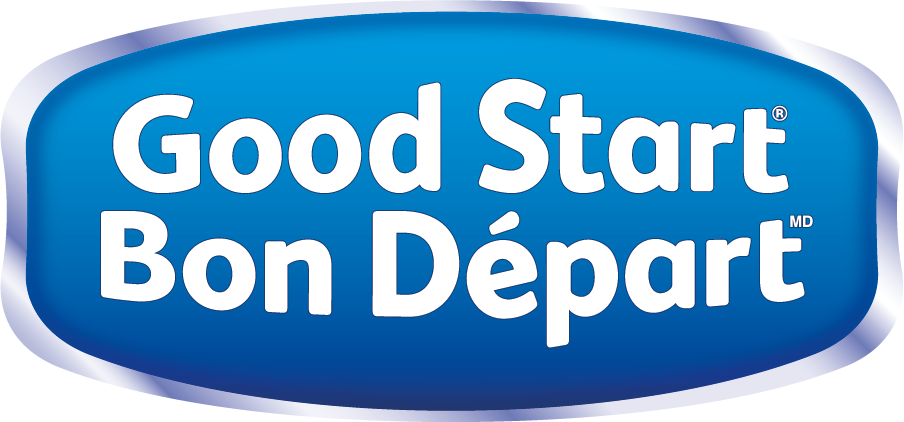Articles
Articles

Articles
Taking Care: Nutrition Tips for Expecting and New Moms

Articles
Your Birth Team for Your Big Day

Articles
Body Changes in the Second Trimester

Articles
What Can You Do About Morning Sickness?

Articles
Exercise: A Guide for Moms-to-Be

Articles
Baby on the way: spot the early signs of labour*

Articles
Staying comfortable during the final stage of pregnancy

Articles
Must-have hospital bag checklist

